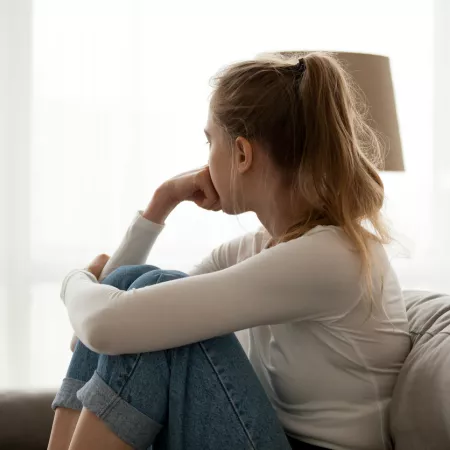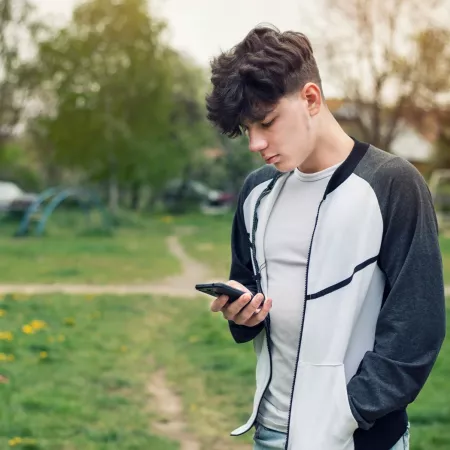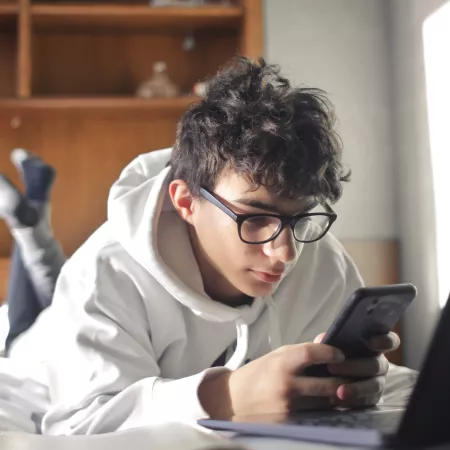Jess knows what it means to face life’s toughest challenges. Diagnosed with epilepsy as a baby, she’s battled seizures, anxiety and stigma - and even reached a point where she questioned whether life was worth living. But through support, self-discovery and a growing voice in advocacy, Jess is finding her strength - and sharing it with others.
Dark Thoughts and a Turning Point
Anyone who knows Annie will know the song It’s the Hard Knock Life. Jess knows it - she took part in a school production of the famous musical. She also knows the hard knocks. So much so, that at one time she was contemplating ending her life.
This was in her early teens, when Jess found herself in a place no teenager should ever be - overwhelmed by her epilepsy diagnosis, isolated from her peers, and struggling with her mental health.
I felt like I didn’t want to live with this condition. I wanted to be like my other friends who didn’t have to be observed all the time or need special support.
Jess began to self-harm and experienced suicidal thoughts. Her school and family intervened, referring her to CAMHS - the Child and Adolescent Mental Health Services. The experience left her feeling unseen.
They discharged me after one assessment. The woman said there was nothing wrong with me - but she didn’t know me. She’d only met me over Zoom.
A Life-Changing Diagnosis
Jess’s epilepsy journey began just days after she was born, when she became hypoglycaemic. It led to a stroke, and damage to three areas of the brain, including visual functions.
It also caused left-side hemiparalysis. I’ve had to do occupational therapy to strengthen my hand.
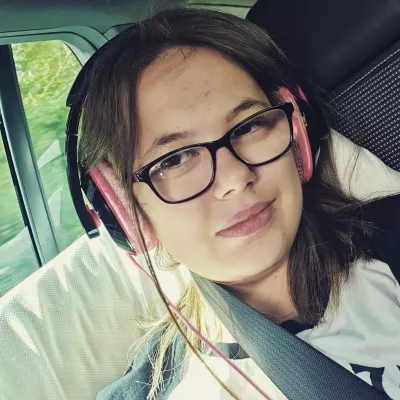
As a baby, Jess experienced infantile spasms and was later diagnosed with West Syndrome. Her seizures were frequent and uncontrolled until she was prescribed Tegretol.
I was in hospital a lot. I didn’t understand what was going on - I just knew I was always there.
It wasn’t until she was 13 that Jess began to fully understand her condition.
That’s when it hit me. I hadn’t had a seizure in eight years - then suddenly, I had one at school. It was terrifying.
School, Stress and Seizures
Jess’s teenage years were shaped by a series of challenges. The COVID lockdown hit during Year 6, cutting short her primary school experience and thrusting her into secondary school without the usual transition.
I’m claustrophobic and hate crowds. The big building, the noise, not knowing where I was - it was overwhelming.
She was also bullied in Year 7, which made her reluctant to share her diagnosis.
I didn’t want people to make fun of me. I only told friends I could trust - and even then, they didn’t really understand how it made me feel.
Despite this, Jess found a safe space in the school’s Special Educational Needs (SEN) department.
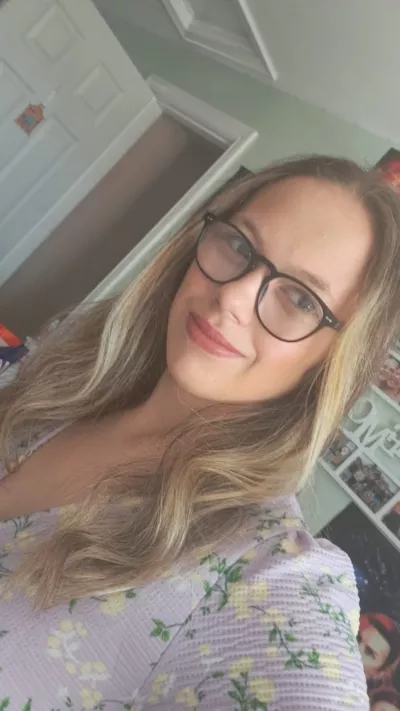
I connected more with older students and teachers. They were more mature - I felt like I’d grown up faster than others my age.
Medication and Mental Health
Jess’s medication journey has been difficult. After her seizure at school, she was prescribed Clobazam, which caused nausea, fatigue and loss of appetite. Later, she was switched to Keppra, which brought similar side effects.
Some days I couldn’t get out of bed. I was just really emotional.
Although doctors warned her about the side effects, the emotional impact was heavy.
They said it would take six weeks to settle, but it was hard. I felt like I was losing myself.
Finding Her Voice with Young Epilepsy
A turning point came when Jess joined a Young Epilepsy support group in January 2024.
At first, I didn’t speak much - I was nervous. But it’s helped me so much. I’ve met people who understand what I’m going through.
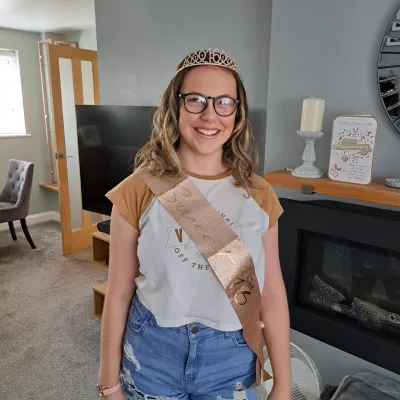
And through the charity’s Youth Voice Network, Jess has taken part in interviews, videos and Zoom meetings with other young people.
It’s made me feel less isolated. We all have different stories, but we share the same condition. We support each other. And where there’s awareness, there’s hope.
Outside the charity, Jess says her friends have tried to be supportive - but they don’t always get it.
They’ve made jokes sometimes. I’ve had to explain that it’s not funny - it’s serious.
Raising Awareness and Changing Minds
Determined to make a difference, Jess organised a school assembly to talk about epilepsy.
I shared my story and talked about the condition. Afterwards, people came up to me and said thank you - that I’d given them a voice.
She wants to raise awareness of epilepsy as an ‘invisible’ condition.
People think you can only have epilepsy if you look a certain way. But you can’t always see it. That doesn’t mean it’s not there.
Jess wants to see more education in schools.
We had assemblies for autism, mental health, Jeans for Genes - but never epilepsy. That needs to change.
Looking Ahead – and Stepping On Stage
Now 16, Jess has just finished her GCSEs and is preparing to start college.
It’s scary. New people, talking to teachers about the condition that I've got. But at the end of the day, it’s something I have to face up to.
And she’s ready.
I know I’ve got a support network around me. I know I can do it.
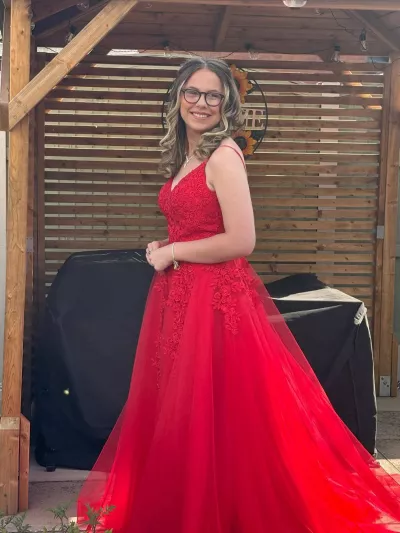
Jess has always loved performing - in Annie, she played Grace, one of the musical’s central characters.
It’s scary going on stage. I always worry - what if I have a seizure? But I do it anyway.
Now, she’s stepping onto a bigger stage - life beyond school. It may be a hard knock life, but Jess is knocking back.


